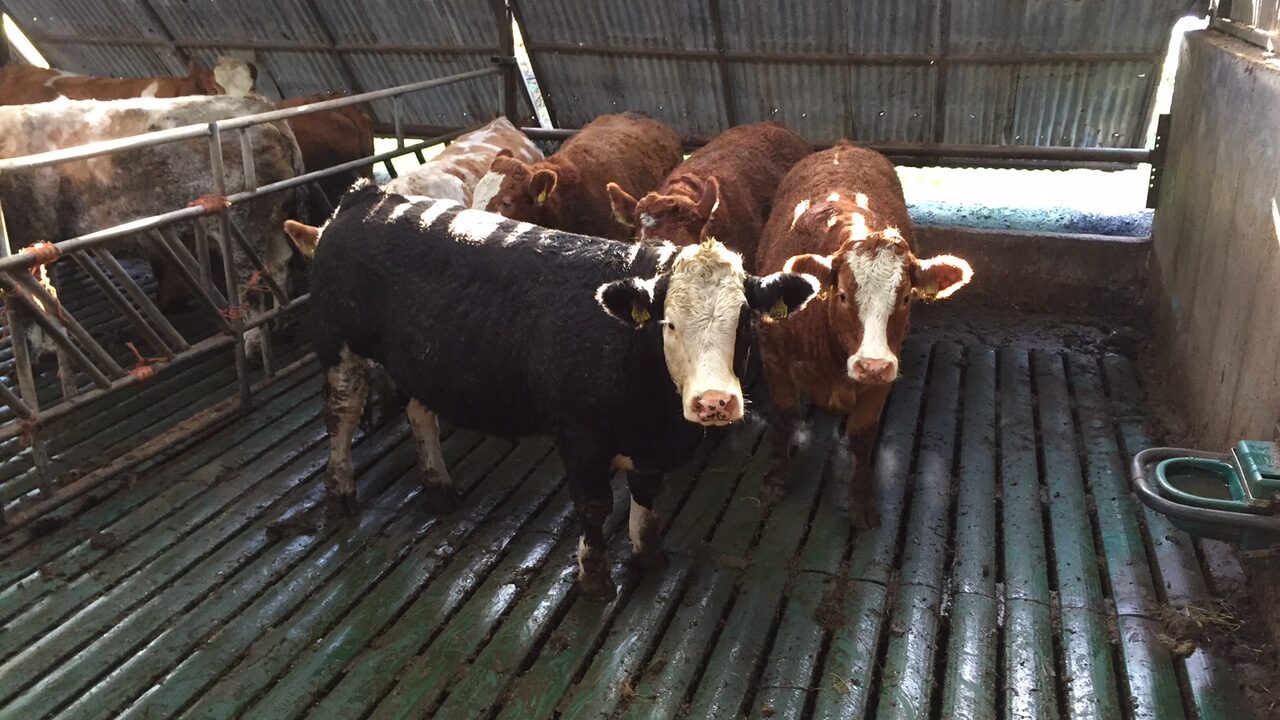Department officials have said the ammonia recommendations made this week highlight the “need for the government and agri-food sector to work together”.
The report – which is titled ‘Making Ammonia Visible’ – took 14 months to complete and was prepared by an expert working group, chaired by Dr. John Gilliland OBE – a former president of the Ulster Farmers’ Union.
The report claims there are “critical levels” of ammonia in the region and added that action was needed on all farms urgently and lists 10 key recommendations to mitigate agricultural ammonia emissions.
The measures include: covering slurry tanks; planting forests around livestock units; extending the grazing season; and banning splashplate tankers by 2025.
‘Examining recommendations in detail’
A spokesperson for the Department of Agriculture, Environment and Rural Affairs (DAERA) said: “This report makes a series of recommendations on how to address the topic of ammonia emissions from agriculture; and the subsequent impact of this air pollutant on the environment – including deposition of nitrogen on to important nature sites.
“The recommendations highlight the need for government and the agri-food sector to work together to enable farmers to achieve significant mitigation of ammonia emissions.
The report also seeks action from government on addressing knowledge gaps; increasing monitoring of ammonia emissions; reviewing the regulatory approach to ammonia emissions; encouraging ammonia mitigation measures; and working in partnership with stakeholders.
“We are examining each of these recommendations in detail and some relevant actions are already under way.
“The response to this report will be led by the DAERA Project Board on Ammonia Reduction, as it develops a DAERA Action Plan for Ammonia.
“The project board is to include representation from right across DAERA, its agencies and arms-length bodies, and will work closely with industry and environmental stakeholders.”
The next steps
The action plan will propose steps and measures designed to deliver tangible and sustained reductions in ammonia emissions and also reduce the impact of nitrogen deposition on nature – particular at designated sites. It will also encourage the uptake of ammonia mitigation measures on farms.
Reducing ammonia emissions is also necessary for us to play our part in contributing to the UK’s international commitments in relation to air pollution and its impacts on human health and the environment.
The spokesperson said: “The action plan will also strengthen the evidence base around the ammonia emission baselines and emission factors highlighted within the report.
UK-wide monitoring
“However, it is important to note that DAERA is currently using the best science available, through the UK-wide monitoring and modelling programme (National Atmospheric Emissions Inventory).
“The department is taking on-board the confidence limits associated with the current estimates of ammonia emissions to make informed, evidence-based decisions.
The department’s key objective is to deliver both a short-term response and a long-term solution which achieves both a sustainable agriculture sector and a protected and improved environment.
“We are committed to working in partnership with the agri-food and environment sectors to address the challenges presented by ammonia.”
The spokesperson added that the department would like to thank the group for dedicating their time and experience to produce this report.

